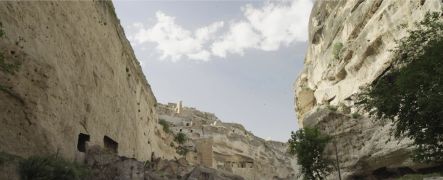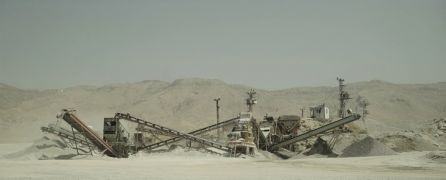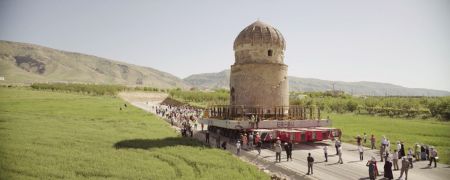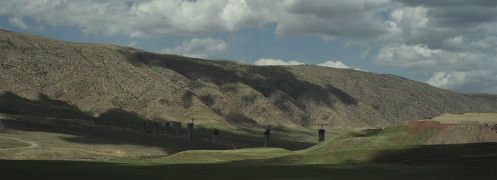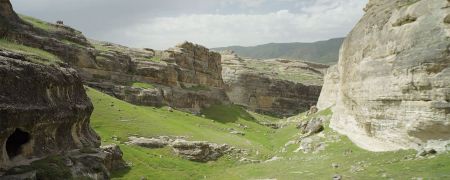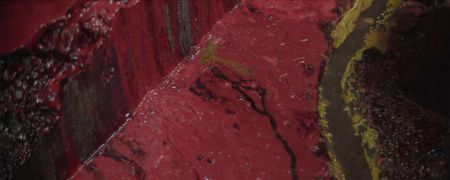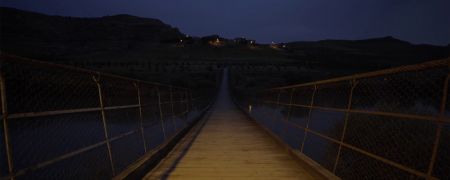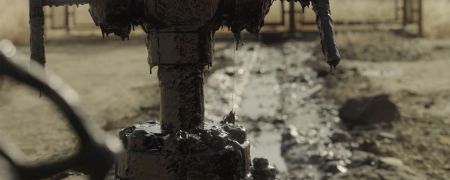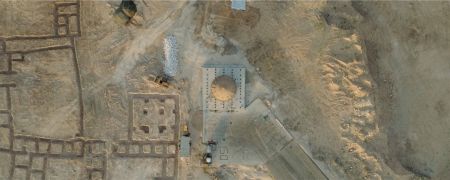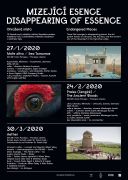Happily, we have been able to re-schedule this screening, which had to be cancelled earlier this year due to the state of emergency of COVID-19. Please re-join us at Cinema Ponrepo for our return to the silver screen.
Turkey, Italy, 2019, 82 min.
Director: Rûken Tekeş
Producers: Rûken Tekeṣ, Billur Arikan, Gabriele Oricchio
Production Company: Sarya Film Collective
No dialog
The film Aether is set in Hasankeyf, in Turkish Kurdistan, a land of breathtaking nature, forms and landscape. A cave-city from ancient Mesopotamian times, with at least 12,000 years of historical, cultural and ecological significance, Hasakeyf sits beside the river Tigris. The city and surrounding valley, taken together, meet nine of the selection criteria used by UNESCO to select sites to include on the World Heritage List, but the Turkish government refused to apply for its recognition. Unfortunately, the destruction of this culturally rich and historic place has already begun, despite the protests of local residents and their efforts to persuade the Turkish governement to apply for UNESCO World Heritage protection.
In 2019, a plan to flood the area was realized by the opening of the Ilısu Hydroelectric Dam, a controversial project which will provide a mere fifty years of electricity to the region, but not coincidentally, will strengthen the political power of Turkey over the Middle East. The area was ranked in 2016 by Europa Nostra as one of the “Seven Most Endangered” sites in the world, home to hundreds of species, 78,000 residents and 3000 nomads within and around. It is also the site of some 400 archaeological sites, traces left by ancient peoples as various as the Sumerians, Babylonians, Assyrians, Medeans, Greeks, Romans, as well as travelers on the Silk Road and nomadic cultures. Yet a new concrete settlement on built higher ground will accommodate just a few thousand people and will preserve only a few archeological monuments.
The filmmaker, Rûken Tekeş, made a 21-day visit as an homage to her ancestral lands in order to connect with and capture its ethereal essence (aether: the fifth element) before its complete destruction. Drifting through the land with no plan or direction, Tekeş focuses on the four classical elements (water, fire, air, earth), driven by instinct and emotions, feelings and observations. She captures certain moments as they were found, with no interference or interpretation. The film was edited in accord with its own unencumbered chronology. Aether is about being in the present and experiencing the raw self-expression of nature and its beings which cannot defend themselves against impending annihilation.
The film will be briefly introduced by art historian Dr. Tamás Sajó.
After the screening, there will be a question-and-answer session via Skype with the film's director, Rûken Tekeş.
In her first full-length film, with remarkable mastery in its beauty, it is not a question for Rûken Tekeş to expound on the stakes of this imminent annihilation, but rather to create a space in which the spirit of the place can manifest itself. A space that transcends the epochs and lets us glimpse the natural cycles of creation, destruction, and rebirth, which are at the heart of the film. The director has chosen a sensual and meditative approach, centered on the natural elements — earth, air, fire and water — so as to get hold of some sort of primordial connection with the territory and all who live there, be it a person, a sheep, an ant, or a river. A cinematic gesture which, in place of the predictable inventory of drowned treasures, seeks rather to revel in the mysteries of nature and the timeless in a site that is unique in the world.
Céline Guénot, Visions du Réel
Ponrepo Members
· 60 Kč
· 60 Kč – Students, senior citizens, people with disabilities and children under 15
One day membership
· 120 Kč
· 100 Kč – Students, senior citizens, people with disabilities and children under 15
This event is organized by the Agosto Foundation as part of a series of film screenings and discussions on the theme of the future, nature, landscape, society, art, ecology and entropy.
As always, we are grateful to Kino Ponrepo.
